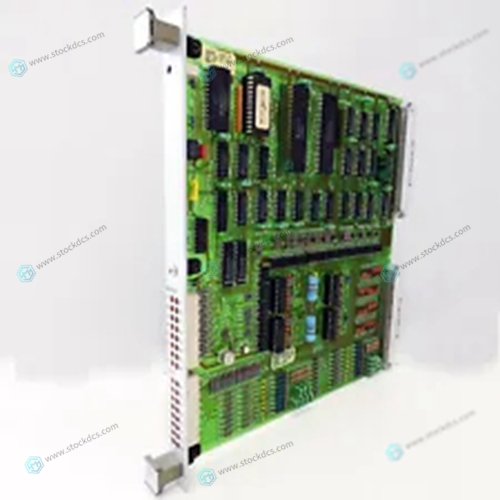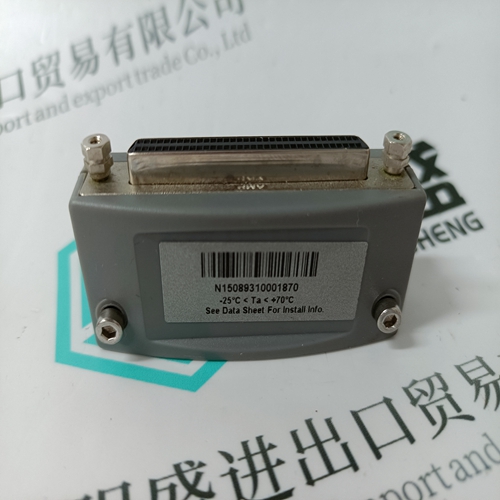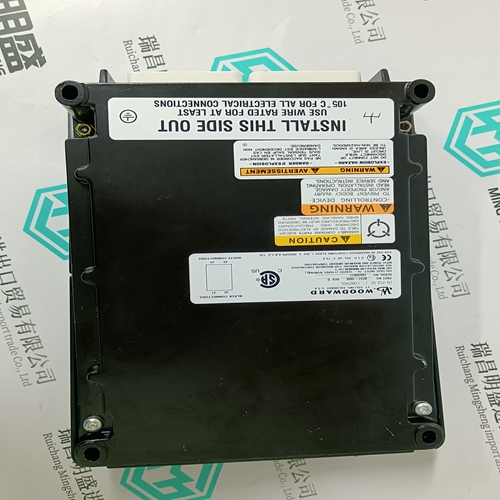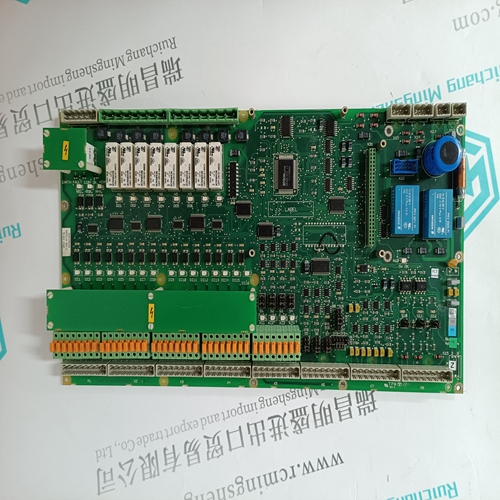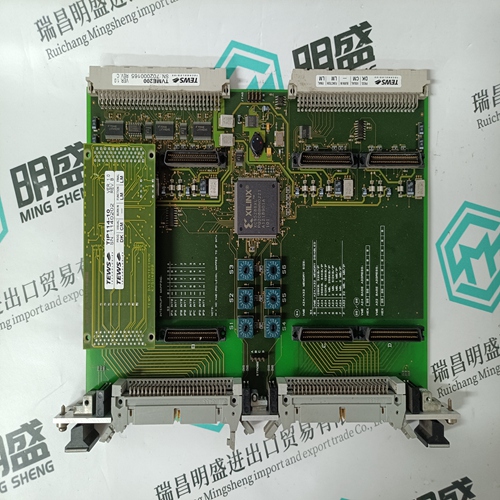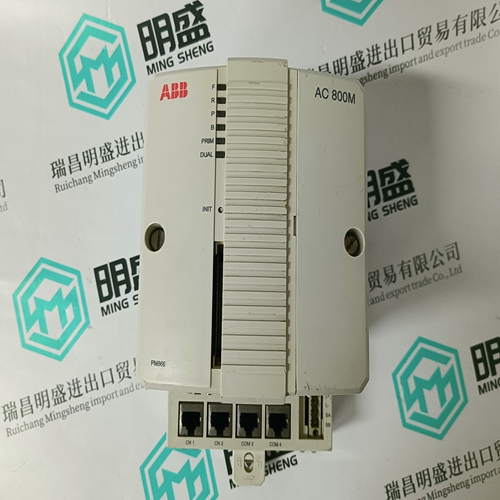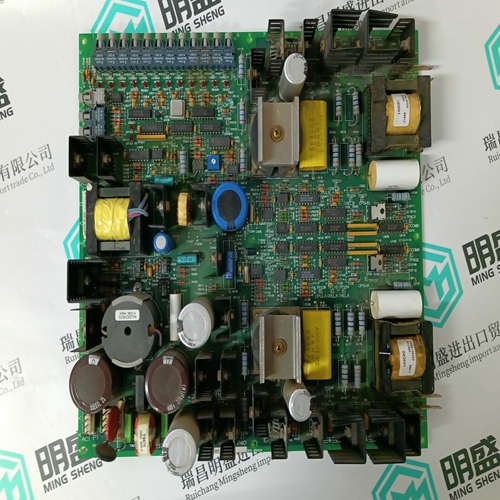Home > Product > DCS control system > ABB DSDX 110 Current input card
ABB DSDX 110 Current input card
- Product ID: DSDX 110
- Brand: ABB
- Place of origin: The Swiss
- Goods status: new/used
- Delivery date: stock
- The quality assurance period: 365 days
- Phone/WhatsApp/WeChat:+86 15270269218
- Email:xiamen2018@foxmail.com
- Tags:ABBDSDX 110Current input card
- Get the latest price:Click to consult
ABB DSDX 110 Current input card
When a broadcast is initiated, all enabled messages in the list are sent one after another. The time interval between each message can be configured to allow for the processing time of the Slave devices (using ‘Wait Time’). The Slave message scheduling can be configured using ‘Slave List Control’ to restart with the first defined message for each Slave after the broadcast sequence has completed (‘Restart’), or suspend the sequence and continue at the same point after the broadcast (‘Suspend’).If message control is required, select ‘Application Controls Message’ and enter the Modbus address of an application variable that will be used to control the message. Where a control register is defined for either a broadcast or Slave message, the message is enabled when the register contains a zero value. All other values will result in the message being disabled. The data type used for control variable can be either Boolean or integer but not real.
Broadcast Message Configuration
The Message Configuration window is the same as that used for messages to specific Slaves. Select a Message Type from the list. For broadcast messages, only Write Coils (multiple Boolean variables) and Write Registers (multiple analogue variables) messages are allowed. The Variable Network Address is the Modbus address range of the variables as mapped in the Trusted System. Only the starting address is needed; the end address is calculated automatically. The Modbus Slave Address is the Slave’s address range for the variables. Enter the start and end addresses. Coils are addressed from 1 to 9999 and registers are mapped from 40001 to 49999. Up to 512 coils or 123 registers may be written in a single message.
Modbus Master Statistics Configuration
The statistical data records the time taken for a complete Master poll to be completed. The data is then reported to the application using a defined Modbus data variable. The value returned is an integer which represents the poll time in 1/100th second. There are three statistical values that may be returned: the maximum scan time (‘Max Scan Rate’), the average scan time (‘Average’) or the latest scan time (‘Scan Rate’). The statistics may be reset using the control variable.







Our superior products
ABB -- AC 800M controller, Bailey, PM866 controller, IGCT silicon controlled 5SHY 3BHB01 3BHEO0 3HNA00 DSOC series
BENTLY --- 3500 system/proximitor, front and rear cards, sensors, power modules, probes, cables
Emerson -- modbus card, power panel, controller, power supply, base, power module, switch
EPRO --- Data acquisition module, probe, speed sensor, vibration sensor, shaft vibration transmitter, proximitor
FOXBORO - thermal resistance input/output module, power module, communication module, cable, controller, switch
GE --- module, air switch, I/O module, display, CPU module, power module, converter, CPU board, Ethernet module, integrated protection device, power module, gas turbine card
HIMA --- DI module, processor module, AI card, pulse encoder
Honeywell --- Secure digital output card, program module, analog input card, CPU module, FIM card
MOOG - servo valve, controller, module, power module
NI --- Information acquisition card, PXI module, card, chassis multi-channel control card
WESTINGHOUSE --- RTD thermal resistance input module, AI/AO/DI/DO module, power module, control module, base module
Woodward - Regulator, module, controller, governor
YOKOGAWA - Servo module, control cabinet node unit
